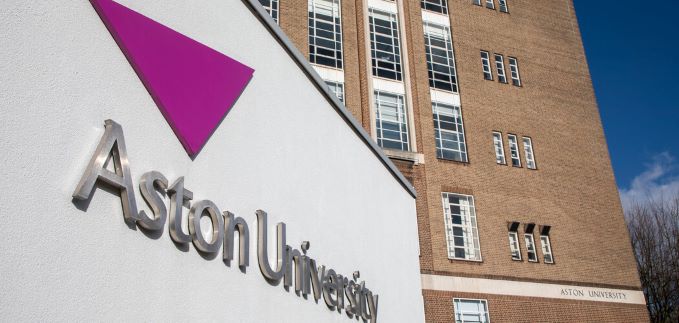Aston University Innovates Sustainable Cool Boxes to Combat Global Crop Waste Crisis
Aston University is to tackle international crop waste by developing a mobile and sustainable refrigeration system for sub-tropical climates.
The University has received a grant of £241,075 from Innovate UK, which is part of over one million pounds in overall funding for the CoolRun project in Malawi, in southern Africa.
The researchers are to develop a mobile refrigerated box cooled by a phase-change material which can release or absorb sufficient energy to keep fruit and vegetables cool.
In most of Malawi, the electricity supply is unreliable, and the increasing cost of fossil fuels makes it expensive to operate internal combustion driven generators and compressors.
Agriculture is the country’s key industry but up to 50% of crops harvested are left to rot due to the lack of a reliable cold supply chain for fruit, vegetables and other perishable goods.
The project will involve the creation a cool air blaster which will lower the temperature of the crops at a central location using a solar powered refrigeration unit that also cools the phase-change panels. The food is then transferred to mobile CoolRun pods which can have their location and temperature monitored by both the supplier and the customer via a cloud database.
A digital twin of the design will be developed at Aston University which will be used to inform the final design.
The Aston University team is led by Dr Muhammad Imran, senior lecturer in engineering and technology. He said: “It is estimated that the project could prevent 1,539 tonnes of food rotting away and will reduce reliance on imported produce from neighbouring African nations.
“Based on the forecast of 86 hubs by 2032 it could create 5,557 jobs and save $393m of food each year based an average price of $2/kg. In addition, the use of solar power will reduce reliance on fossil fuel electrical generation.”
In rural Malawi farming is mostly on a subsistence basis and a female occupation. Farmers either sell their produce directly, or via resellers at markets or at the roadside, walking up to two hours to reach their pitch.
Fellow researcher Dr Abed Alaswad, who is also a senior lecturer in engineering and technology, said: “Because the crop is not chilled, it can’t be easily sold to shops or supermarkets where it could fetch higher prices. So the University team will also conduct studies of the impact of the technology on gender and unrepresented groups.
“Once the project is up and running it is hoped it will have the potential to cut waste from 50% to less than five percent, and will help women develop their businesses.”
The researchers believe that the CoolRun technology can be developed across the Americas, Africa and the Far East and will cut demand on local electricity grids.
Aston University will be working in conjunction with its partners Hubl Logistics, Enterprise Projects Ventures Limited (EPVL), Malawi Fruits and Engineeronics Ltd in the UK and Modern Farming Technology (MFT) in Malawi.
The project will last two years. Dr Imran and Dr Alaswad are based at the University’s Engineering for Sustainable Development Research Centre, which is part of the College of Engineering and Physical Sciences.

